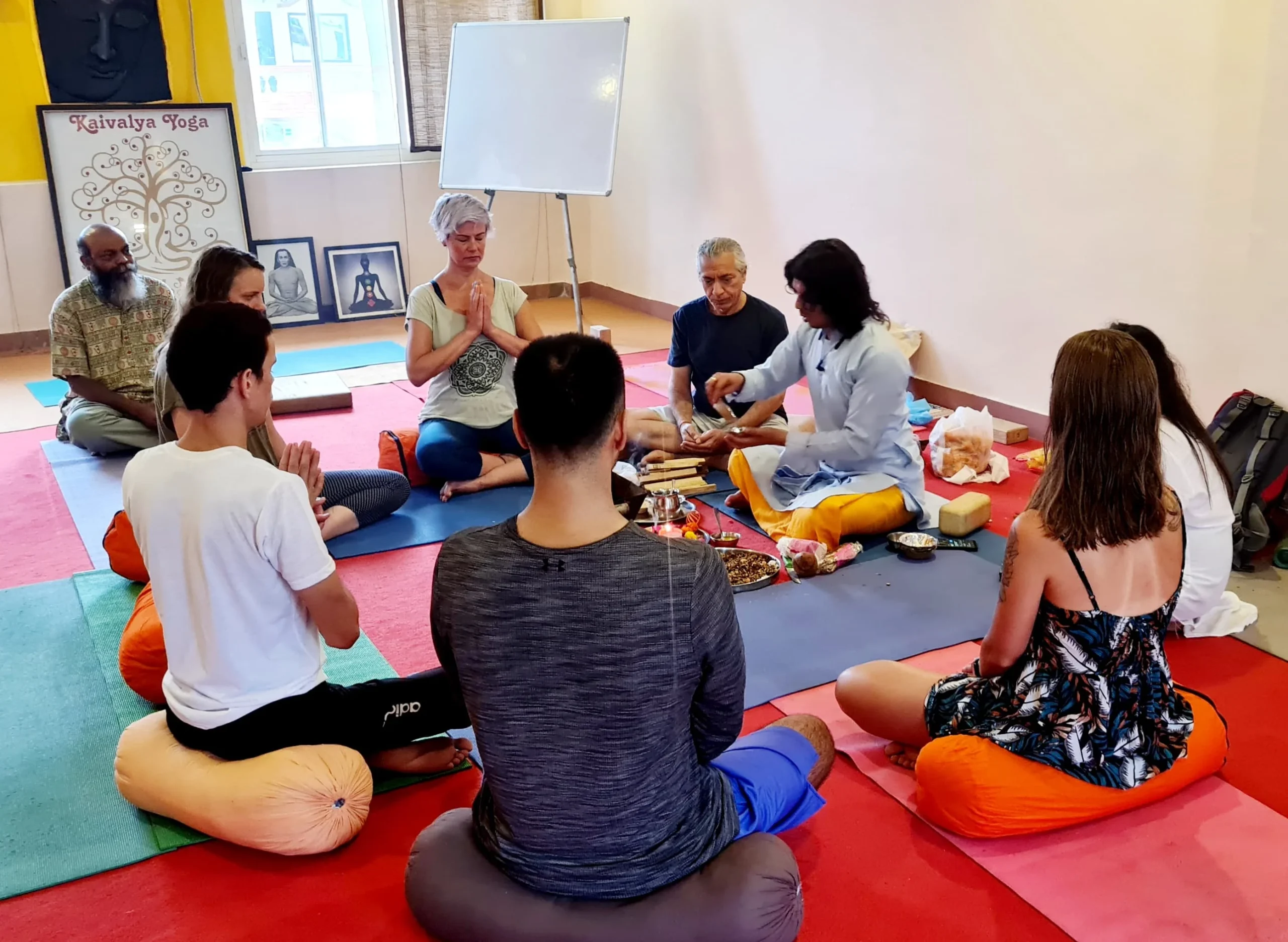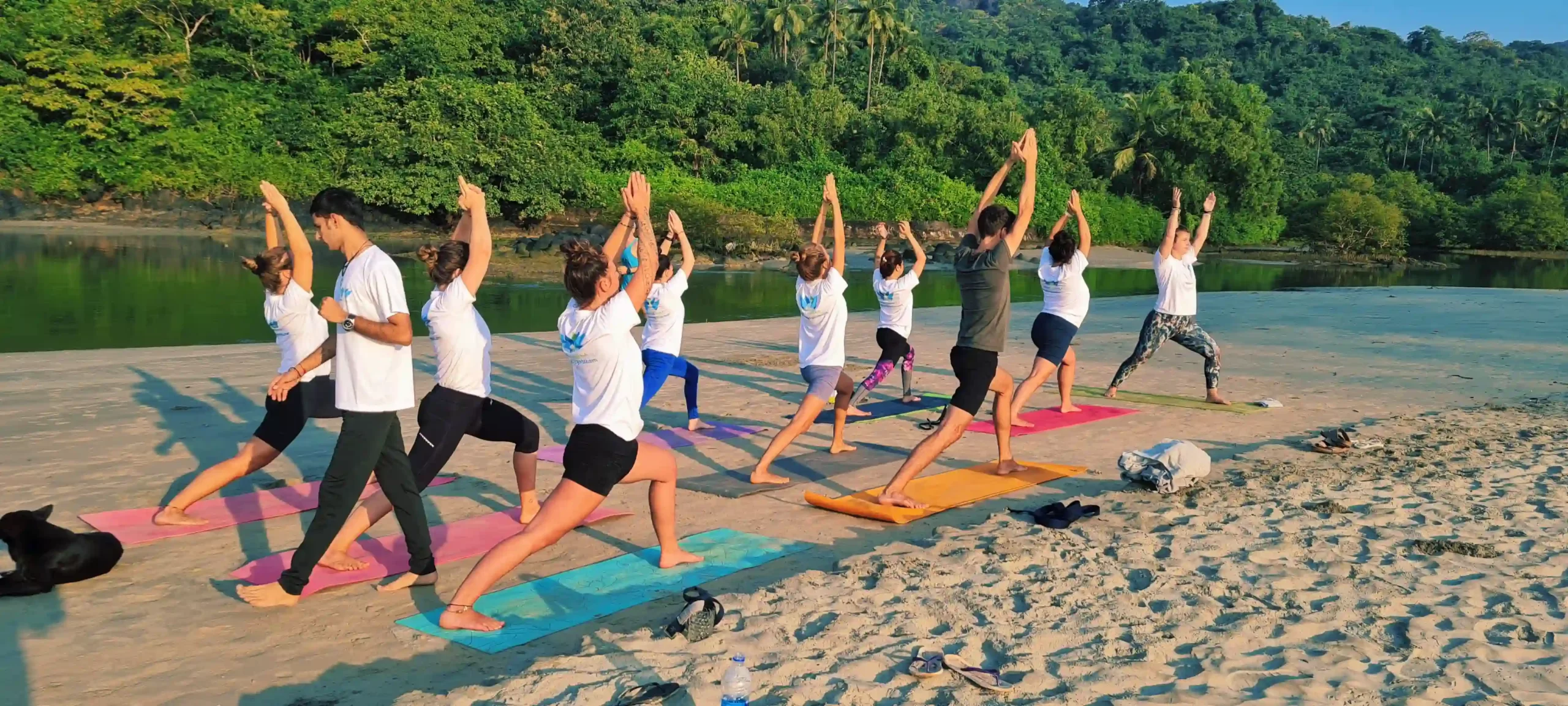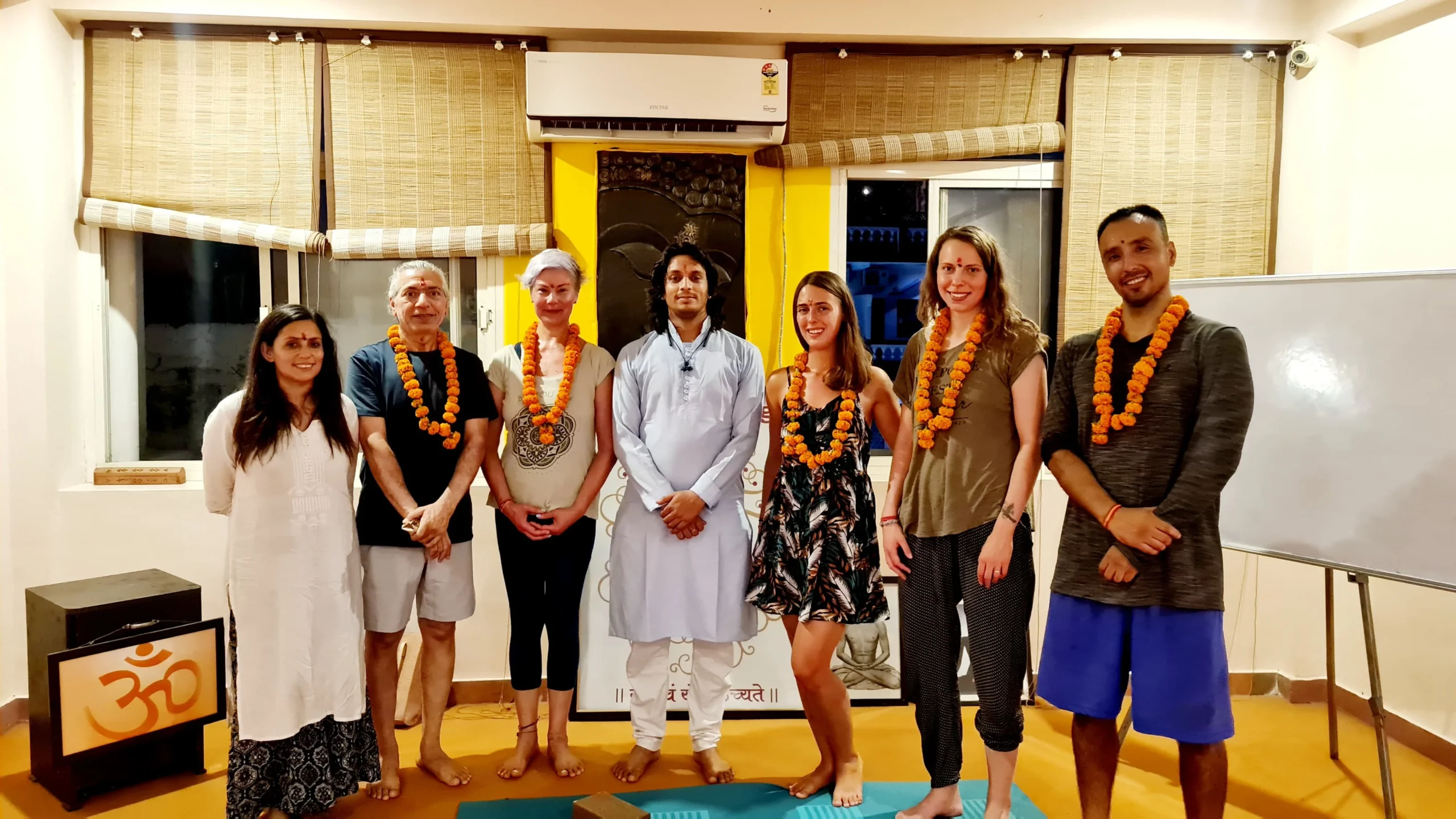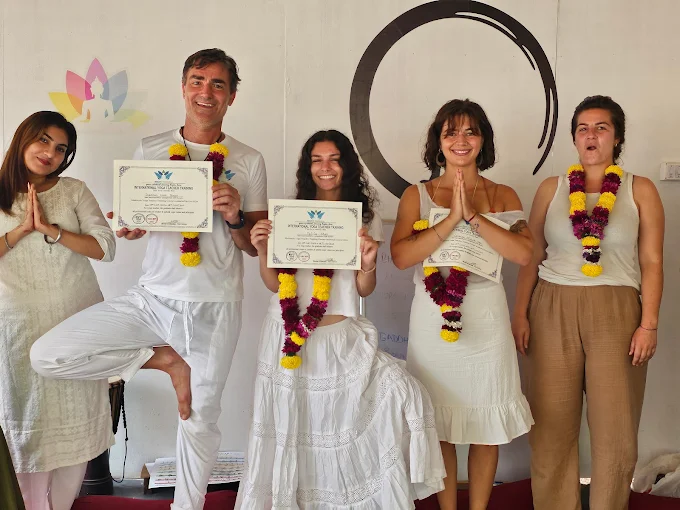Ayurveda and health are deeply intertwined in this ancient holistic healing system, often known as the “Science of Life,” which originated in India over 5,000 years ago. Its foundation is the idea that mental, physical, and spiritual well-being are delicately balanced. The primary goal of Ayurveda and health practices is to promote good health, not just fight disease. However, treatments may be geared toward specific health problems.
Understanding the Basics of Ayurveda
Ayurveda believes that everything in the universe, including the human body, is made up of five basic elements: space, air, fire, water, and earth. These elements combine to form three life forces or energies, known as doshas: Vata, Pitta, and Kapha. Each person has a unique combination of these doshas, which is thought to define their nature and health.
The Role of Doshas in Health
Vata dosha is associated with movement and is linked to bodily functions such as breathing and circulation. Pitta dosha is related to the body’s metabolic system, including digestion, absorption, and body temperature. Kapha dosha governs the body’s structure and fluid balance. An imbalance in these doshas is believed to cause illness and health problems.
Diet and Lifestyle in Ayurveda
To maintain health, Ayurveda places a strong emphasis on nutrition and lifestyle choices. Foods are classified based on their taste, energy, and effect on the doshas. A balanced diet that aligns with one’s doshic constitution is considered crucial for maintaining health and preventing disease.
Ayurvedic practitioners often recommend a diet that includes a variety of whole foods, herbs, and spices to balance the doshas. For instance, a person with a predominance of Vata dosha might be advised to consume warm, moist, and grounding foods, while someone with a Pitta constitution might benefit from cooling, soothing foods.
Herbal Remedies and Treatments
Herbal remedies play a significant role in Ayurveda. Various herbs are used to support health and treat ailments. Commonly used herbs include turmeric, ginger, ashwagandha, and tulsi. These herbs are believed to have specific properties that help balance the doshas and promote health.
Panchakarma: The Cleansing Therapy
Panchakarma is one of the best Ayurvedic treatments for cleansing the body of toxins and restoring balance. This five-step process includes therapies like massage, herbal oil applications, steam baths, and cleansing enemas. Panchakarma is considered one of the top Ayurveda and health treatments for its ability to rejuvenate the body and mind.
Yoga and Meditation in Ayurveda
Yoga and meditation are integral parts of Ayurveda. These practices help in maintaining physical, mental, and spiritual well-being. Yoga postures (asanas) are designed to balance the doshas and improve overall health. Meditation helps calm the mind and reduce stress, which is essential for maintaining health according to Ayurvedic principles.
The Benefits of Ayurveda and Health
Ayurveda offers a multitude of benefits for health and well-being. By focusing on the balance of mind, body, and spirit, it provides a holistic approach to health. Some of the key benefits include:
- Improved Digestion: Ayurvedic practices and dietary recommendations can enhance digestive health, leading to better nutrient absorption and overall wellness.
- Stress Reduction: Through yoga, meditation, and specific herbal treatments, Ayurveda helps in reducing stress and promoting mental peace.
- Enhanced Immunity: Ayurvedic herbs and treatments are known to boost the immune system, helping the body resist diseases.
- Better Sleep: Ayurvedic lifestyle changes and herbal remedies can improve sleep quality, which is important for overall health.
- Detoxification: Panchakarma and other cleansing therapies help remove toxins from the body, promoting better health and vitality.
Incorporating Ayurveda into Daily Life
To experience the best Ayurveda and health benefits, one can incorporate simple Ayurvedic practices into daily life. This can include:
- Morning Routine: Starting the day with practices like oil pulling, tongue scraping, and drinking warm water with lemon to stimulate digestion.
- Balanced Diet: Eating fresh, seasonal foods that are appropriate for one’s doshic constitution.
- Regular Exercise: Practicing yoga and other physical activities to keep the body active and balanced.
- Mindful Living: Engaging in meditation and mindfulness practices to reduce stress and enhance mental clarity.
Ayurveda and health practices offer a natural and holistic way to achieve and maintain optimal health. By understanding your unique dosha and following Ayurvedic guidelines, you can create a balanced lifestyle that promotes long-term well-being.
Learn more about :- 100 hours yoga teacher training in goa | 200 hours yoga teacher training in goa
Frequently Asked Questions
Ayurveda is an ancient holistic healing system that focuses on balancing the mind, body, and spirit to promote overall health. It uses natural remedies and lifestyle practices to maintain and restore health.
Some of the best Ayurveda and health practices include following a balanced diet based on your dosha, practicing yoga and meditation, using herbal remedies, and maintaining a consistent daily routine.
Ayurveda can help improve health by balancing the doshas, enhancing digestion, reducing stress, boosting immunity, and promoting better sleep through personalized diet, lifestyle changes, and herbal treatments.
Panchakarma is considered one of the top Ayurveda and health treatments because it detoxifies the body, rejuvenates the mind and body, and restores doshic balance through a series of cleansing and rejuvenation therapies.
Yes, Ayurveda recommends eating fresh, seasonal foods that suit your doshic constitution. For example, Vata types benefit from warm, moist foods, while Pitta types should eat cooling, soothing foods for optimal health.









